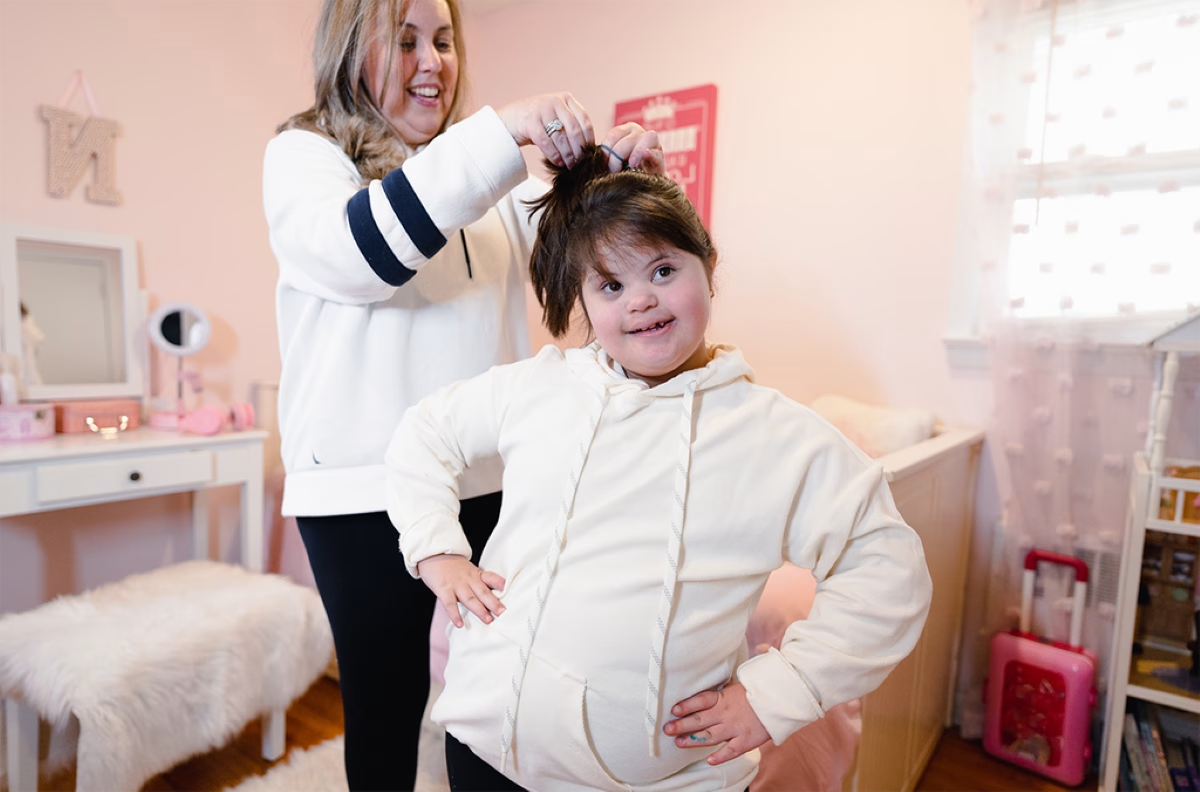“Experiential expertise is important i.e., people with varied expertise who work each day with children, adults, families with the lived experience of obesity regardless of the setting- community, healthcare, schools. They have a better sense of this condition based on listening to those who live with it and their own expertise and experiences helping them manage the disease. Talking to these individuals helps map out the effect of real-life experiences and outcomes ahead of time. They see the future before the research confirms it.”
The best solutions for making a community healthy come from the people who call it home. So as foundations, nonprofits, government agencies, universities, and industry leaders collaborated to conduct research, change policy, and fund work, it became clear these efforts fell short in a critical way.
Alongside our peers, we needed to invest more time in building relationships and trust with communities. This meant funding community-led efforts and creating space for collaboration, but it meant more than that too. An old model of outsiders giving money to communities but not involving them in strategic thinking began to fall away. Many organizations, RWJF included, began listening more intently to community leaders who brought new voices and new ways of thinking.
In many ways the broader field took a step back, to let those with the clearest understanding of their community’s challenges and the most promising ideas for building on its strengths lead the way. Working closely with local leaders has broadened the diversity of expertise, sparked new ideas, and strengthened the entire field’s approach to this work.



